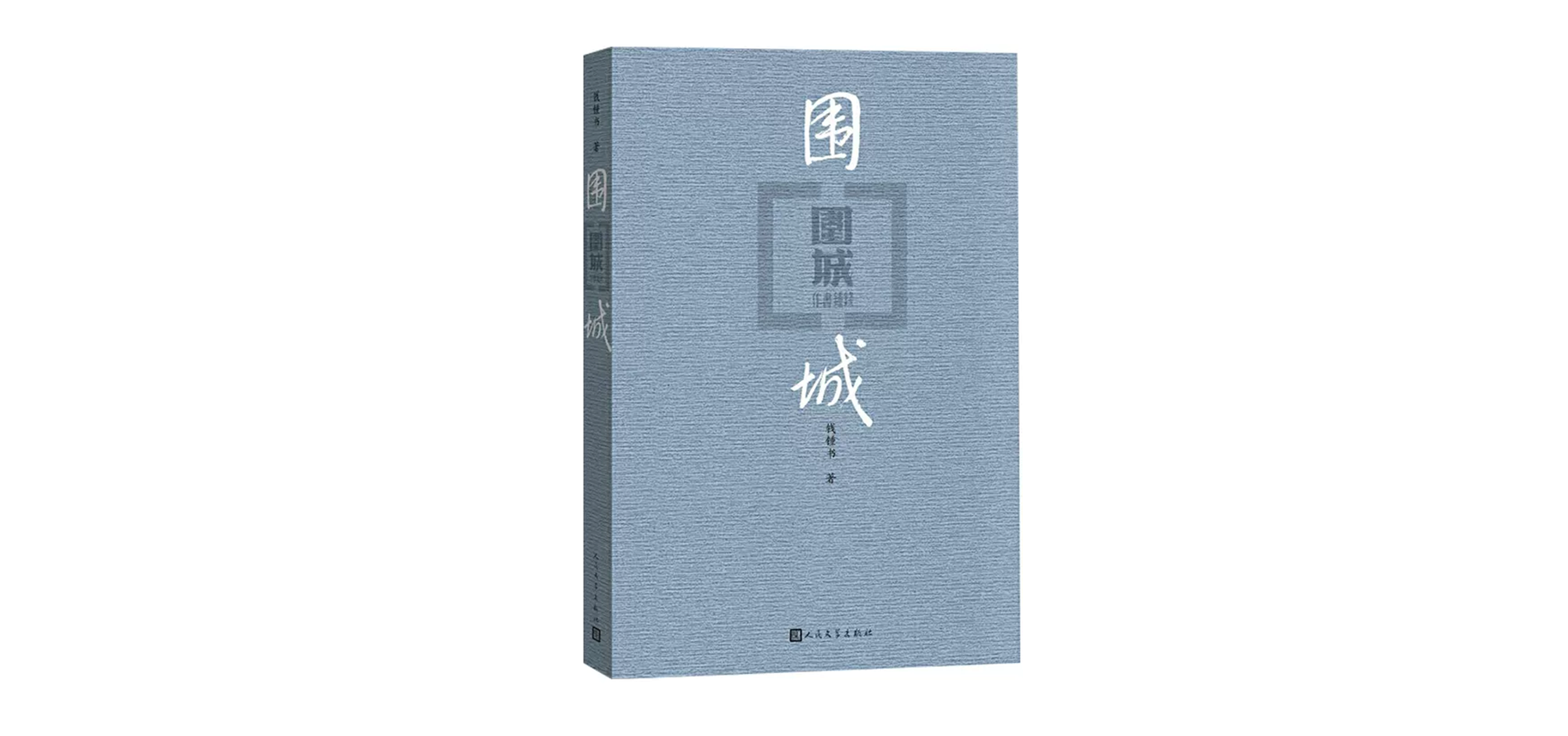MY 100-Day English -45
continuous
睡眠不足会导致大脑记忆能力减退,学习能力下降
What about a small degree of sleep loss? A University of Pennsylvania study showed even a little sleep loss can devastate memory. People were assigned to sleep regimens (养生法,生活规则) of four, six, or eight hours of sleep each night for two weeks and tested periodically during the daytime for mental performance. Subjects who got four or even six hours of sleep performed as poorly on brain function tests as they did when kept from sleeping at all for three consecutive days. So, short-changing your sleep each night by an hour or so builds up a sleep debt that affects attention and working memory. In the study, performance decline was cumulative (累积的). An interesting aside from the study was that none of the 48 people in the study realized that their mental performance had deteriorated from the mild sleep loss. As a college professor, I wonder about the performance loss going on (继续发生) in students who short-change their sleep for months at a time.
There are also studies revealing lack of sleep before learning interferes (冲突,干扰,妨碍) with memory. Formally, this is called “proactive (主动的,前瞻的) interference,” because it occurs in advance. The cause may relate to what was just explained: a sleepy brain doesn’t think effectively.
In another study, 28 healthy young adults were divided into two groups. On the first day, one group was kept awake for 35 straight hours. Participants in the other group spent a normal sleep night at home. At 6 p.m. the next day, all subjects watched a slideshow of 150 slides of landscapes, objects, and people who weren’t celebrities. All subjects then were sent home to have a normal night’s sleep. The next evening all subjects took a pop quiz on the slides, which were randomly mixed with 75 new slides. The test was for subjects to recognize whether they had seen each slide before.
Those subjects who had been sleep deprived on the first night scored the lowest, even though they later had a night to catch up on lost sleep. The upshot (结果,结局,要点) of it all is that lack of sleep is bad for remembering, whether the sleep loss occurs before or after learning events. For those who wonder why humans need to sleep, one obvious benefit is to enhance learning.
Need to learn something quickly? Take a nap. Daytime naps are said to rejuvenate (使年轻;使更新) energy and lower stress. And there is evidence that naps speed up consolidation of memories.
Matthew Walker reported experiments showing nap enhancement of memory. In his study, 39 young adults were divided into two groups. At noon, all the participants took part in a memory exercise that required them to remember faces and link them with names. Then the subjects took part in another memory exercise at 6 p.m., after 20 subjects had napped for 100 minutes during the break. Those who remained awake performed about 10 percent worse on the tests than those who napped. Students take note: 10% is often the difference between an A and a B.
This concludes the lessons in this series on Learning How to Learn. I believe and hope that you all will become more effective life-long learners (终生学习者).
life-long learner: 终生学习者
See you tomorrow











